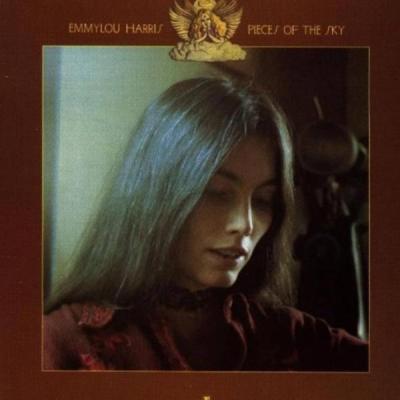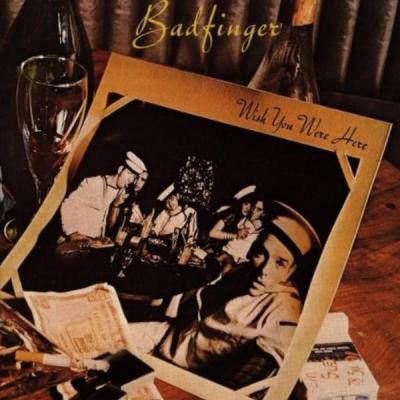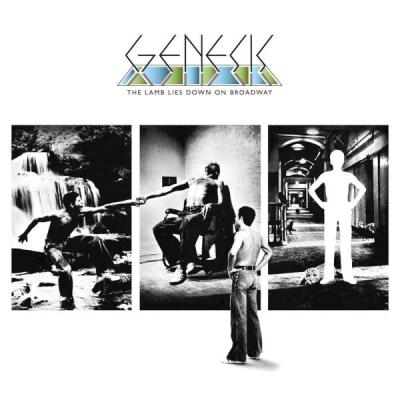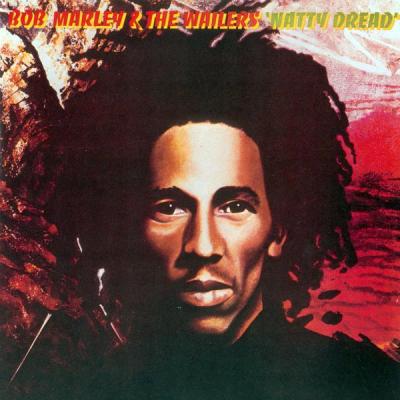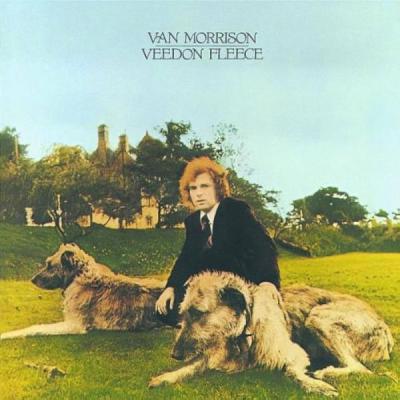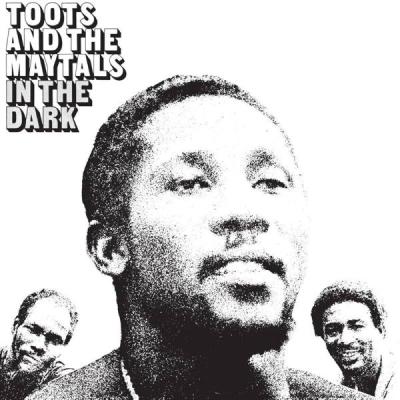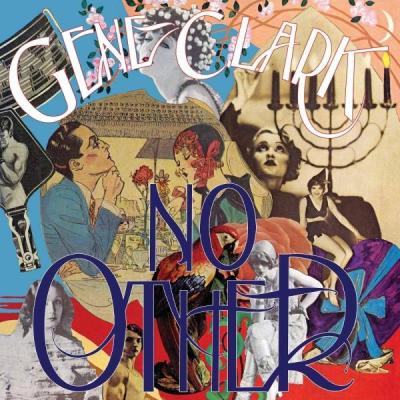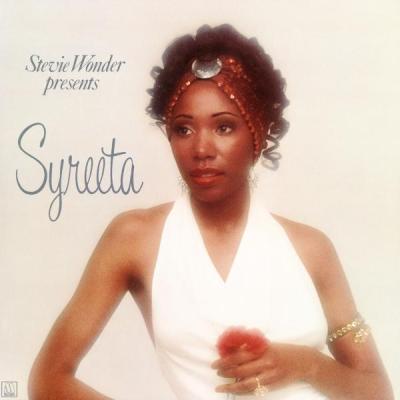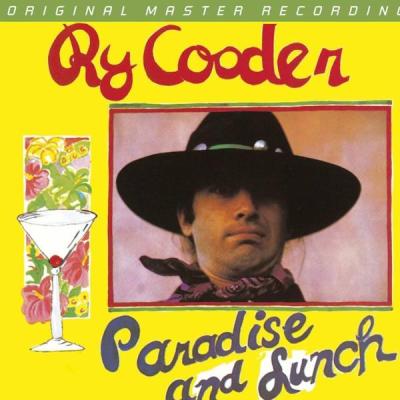

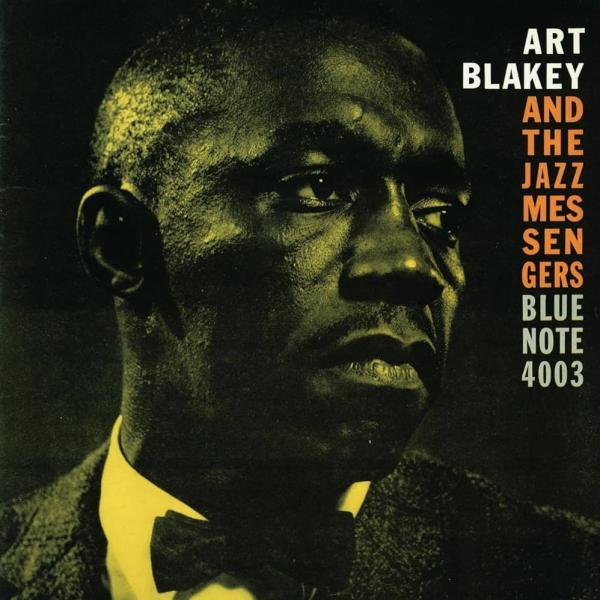
Art Blakey and The Jazz Messengers: Moanin'
Album #26 - January 1959
Episode date - November 22, 2023
In many ways, I see Art Blakey as a heroic figure. As a drummer, I have incredible respect for his abilities, even more so than many other great jazz drummers of his era, of which there are many.
Blakey understood drumming from an extremely learned perspective, utilizing a traditional grip on his drumsticks, and making free use of rudiments that once pertained to marching band drummers, incorporating them flawlessly and tastefully to his jazz stylizations. Blakey had strength, and he always seemed to maintain some form of strict time, leading his band every step of the way with confidence and power, even when he played lightly. I say ‘his band’, because for all intents and purposes The Jazz Messengers was his. He decided on the personnel, and he led each composition from behind his drum kit, but he didn’t manipulate his bandmates to sound the way he wanted.
He let players be themselves, but he constantly presented challenges to ensure that they could keep up with the demands of the music. This was important, because Blakey also revered youth, which is why the Jazz Messengers’ personnel changed so often, bringing in new players without name recognition who often would emerge as stars in their own right. In a sense, he was to jazz musicians what England’s John Mayall would be to British blues musicians. Players would come in and cut their teeth, gain experience, and then move on with confidence and a reputation that would last for the rest of their career.
“Moanin’” is arguably the last of the great hard bop albums, and it’s only appropriate that Art Blakey is the engine that drives it. Just as Blakey spent a better part of his life breaking in younger musicians, he himself learned by playing with Fletcher Henderson and Billy Eckstine before backing bebop masters such as Charlie Parker, Dizzy Gillespie, and Thelonious Monk. It was his crisp attack that gave ‘hard bop’ its name, even using the phrase as an album title.
The Jazz Messengers changed personnel more than a dozen times over the course of forty-plus albums in almost as many years, but this particular iteration may have been the best. Pianist Bobby Timmons somehow rivals Blakey’s rhythmic detail and precise attack, serving up a perfect representation of why the piano is categorized as a percussion instrument. It was Timmons who introduced a ‘soul jazz’ hybrid to the Messengers, most notably in the title track, which was his composition. Sax player Benny Golson wrote the lion’s share here, though, penning four of the album’s six tracks. As a composer and arranger, it’s impossible to imagine anybody who could have been more sympathetic to Blakey’s style. He provided both the “Drum Thunder Suite” and “Blues March,” songs that not only compliment Blakey, but sound as though they were custom designed to fit him like a tailored suit. Lee Morgan is the band’s secret weapon, and his solos here provide more than enough evidence to claim his position as one of the all-time leading jazz trumpet players, despite his early death at 33 years old. “Moanin’” was bassist Jymie Merritt’s first album with the Messengers, but his chops were strong enough to stand up against Blakey’s assault, and they remained rhythm partners for another ten albums. In a sense, the entire band created something heroic and powerful here, and it’s only fitting that Art Blakey was the impetus that drove them all to greatness as a unit.
Featured Tracks:
Moanin'
Are You Real
Along Came Betty
The Drum Thunder Suite
Blues March
Come Rain or Come Shine
January 1959 – Billboard Did Not Chart
Related Shows


